|
|
|
|
Former Minneapolis police officer Derek Chauvin was found guilty on all three charges in the May 2020 murder of George Floyd. Outside the courthouse, crowds cheered and church bells sounded – a collective release in a city scarred by police killings. The Conversation asked four scholars from different disciplines – policing, race, law and Minneapolis history – what made this trial different.
Nigeria’s northern region has been particularly hard hit by insecurity. This is due to Boko Haram attacks, banditry, conflicts between farmers and herders, kidnappings and ethno-religious conflicts. Sadly, children have not been spared. They have been murdered, abducted, used as sex slaves and forcefully recruited as child soldiers. Some have ended in camps for displaced people, where they risk disease and malnutrition. In this podcast, two experts explain why armed groups target children.
In the podcast we also hear about women who joined the Islamist militant group Al-Shabaab in Kenya. Fathima Azmiya Badurdeen explains what she’s found about the circumstances behind their decision, and what this means for their rehabilitation.
|
Catesby Holmes
International Editor | Politics Editor
|

|
|
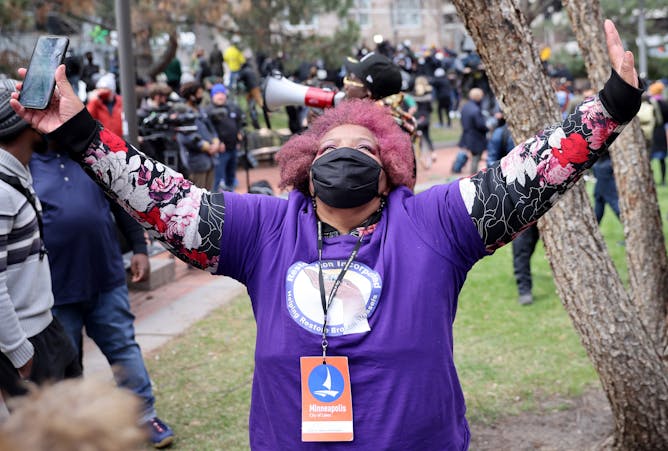
A woman reacts to the news that Derek Chauvin was found guilty on all three counts in the murder of George Floyd.
Scott Olson/Getty Images
Alexis Karteron, Rutgers University - Newark ; Jeannine Bell, Indiana University; Rashad Shabazz, Arizona State University; Ric Simmons, The Ohio State University
Scholars of policing, law, race and Minnesota history explain the landmark guilty verdicts handed down in the trial for the murder of George Floyd.
|
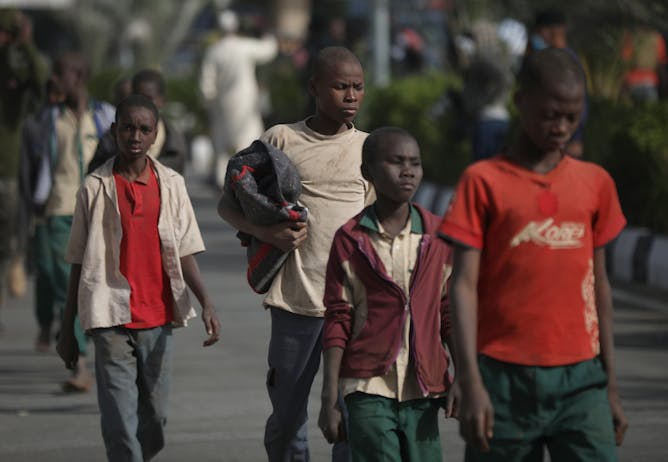
A group of boys abducted by Boko Haram in Katsina State, northern Nigeria, after their release in December 2020.
EPA
Gemma Ware, The Conversation; Wale Fatade, The Conversation
Plus, why women join Al-Shabaab in Kenya. Listen to episode 12 of The Conversation Weekly podcast.
|
Energy + Environment
|
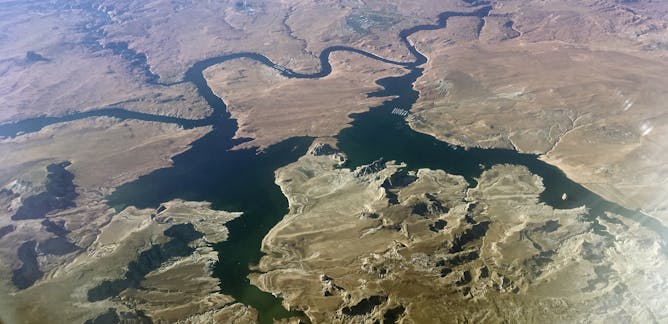
Robert Glennon, University of Arizona
The Supreme Court recently dealt defeat to Florida in its 20-year legal battle with Georgia over river water. Other interstate water contests loom, but there are no sure winners in these lawsuits.
| |

James Dyke, University of Exeter; Robert Watson, University of East Anglia; Wolfgang Knorr, Lund University
Prominent academics, including a former IPCC chair, round on governments worldwide for using the concept of net zero emissions to 'greenwash' their lack of commitment to solving global warming.
|
|
|
Health + Medicine
|

Julian Savulescu, University of Oxford; César Palacios-González, University of Oxford
'Chimera' creatures with human organs could be medically useful – but can we really treat them like other animals?
| |

Tamara Hew-Butler, Wayne State University
If kidneys could talk, they'd tell you not to overdo the water rule you hear all the time. But since they can't talk, they do send signals to your body that enough is enough.
|
|
|
Politics + Society
|
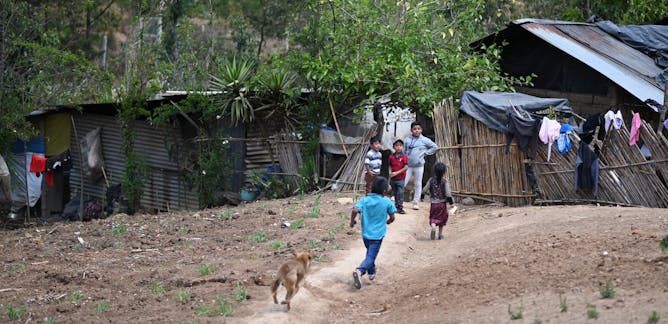
Luis Guillermo Solis, Florida International University
Biden's $4 billion plan to fight crime, corruption and poverty in Central America is massive. But aid can't build viable democracies if 'predatory elites' won't help their own people.
| |
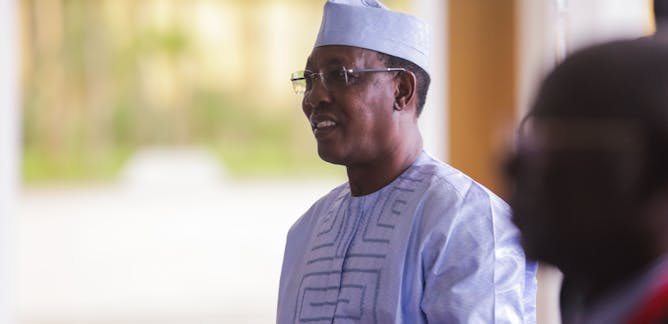
Helga Dickow, University of Freiburg
When he grabbed power in 1990, Déby promised to create a democratic society, but he turned out to be a ruthless authoritarian whose main agenda was to remain in office.
|
|
|
| |
| |
| |
| |
| |
| |
|
|
|
|
|
|
|